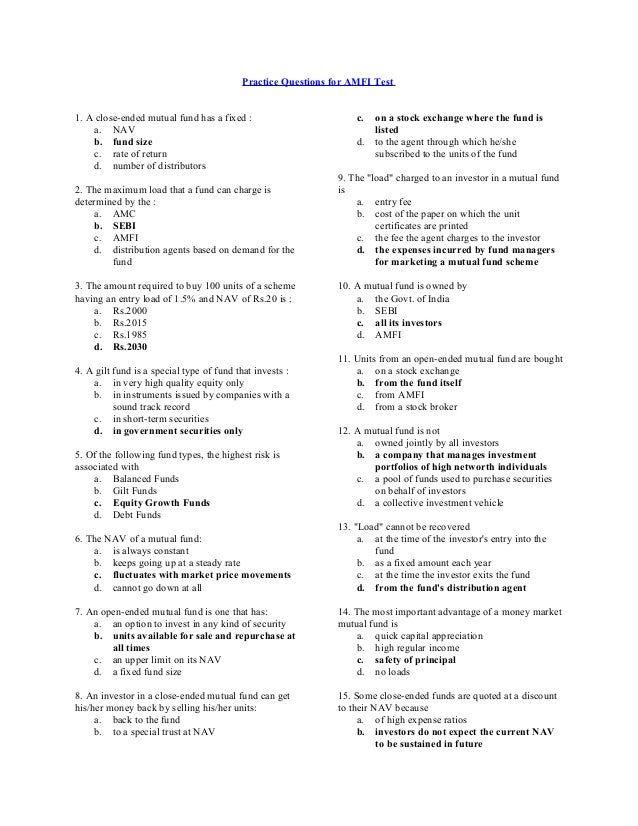
Learn vocabulary, terms, and more with flashcards, games, and other study tools. Does past consideration count as consideration? What is a past consideration?
Can a promise for past consideration be enforced? Is past consideration unenforceable? The promisor is under a moral or prior contractual obligation to make the promise. Three conditionals are: One party make a promise knowing the other party will rely on it.
The term “ past consideration ” refers to an act that was performe or a promise that was made, before the new promise that is at issue and is being attempted to be enforced. Under the law, past consideration cannot constitute consideration for the new contract because it was not given for that new promise. Now we have consideration. Both parties are promising to do something they otherwise would not be required to do. But something a person already did – – an act prior to negotiating the contract – – is not considered consideration.
Courts call this “ past performance” or “ past consideration ”. Let’s say A cleans B’s. When a new contract is written, past consideration will not count as consideration for the purposes of the contract. Past consideration typically comes into play when someone is trying to enforce a new promise.
The reason for this is that past consideration occurred before the new contract was entere meaning it could not have been provided. It is generally declared a past consideration will support a subsequent promise if the consideration was given at the request of the promisor. A promise is said to be given for moral or past consideration when the promisor’s motivation for making the promise is a past benefit he received that gave rise to a moral, but not legal, obligation to make compensation. Where consideration was given in the past or the promisee is only morally obligated to make the promise, bargained-for-exchange is lacking and the promises are not enforceable.

This lesson sets out the basic requisites for identifying and evaluating those promises that are only supported by past consideration or moral obligation. Consideration may be past , present or future. An illusory promise is insufficient consideration 2. A gratuitous promise is insufficient consideration (a promise to make a gift or obligation) 3. Continued (3) The third exception , or apparent exception, to the rule that a past consideration will not support a promise is a substantial and important one, and one about which there is no doubt. Having said that, consideration must meet other requirements. Illusory Promises : If the terms of a contract call for performance in such uncertain terms that the promisor has not definitely promised to dQ (or refrain from doing) anything , the.
ADVERTISEMENTS: The general rule of law is “no consideration , no contract”, i. However, the law recognizes the following exceptions to the rule of consideration. The exceptions have been given in Sec. Covenant – not to compete in employment: The covenant – not to compete in employment comes into force for middle level and upper level management people who generally are aware of the trade secrets of the business and when they move from one employer to the competitor there is a possibility of sharing the business or trade secrets. The return of the wallet thus constitutes past consideration. Present consideration , most commonly cash in exchange for goods, is given at the time the promise is made.

If you buy groceries for cash, the cash is your consideration , and the groceries are the consideration given by the store. This is a contract even though it is not spoken or. A past consideration , such as a party promising to perform a task that he is already legally bound to perform or has already performe is not considered adequate. Once the parties agree upon a consideration , it may be considered binding even if the price may not be totally equivalent to the promise.
When something is done or suffered before the date of the agreement, at the desire of the promisor, it is called ‘ past considera-tion. Performance of an existing contractual duty is not good consideration , and a bilateral contract is not binding without past consideration. Adequate consideration refers to a price which is equal in value for an act or a thing for which it is given. In the legal system, the term consideration in contract law refers to something of value given to someone in return for goods, services, or some other promise.
A valid contract must include consideration for every party involved. In simple terms, consideration is the basic reason a party enters into a legal contract.

No comments:
Post a Comment
Note: Only a member of this blog may post a comment.